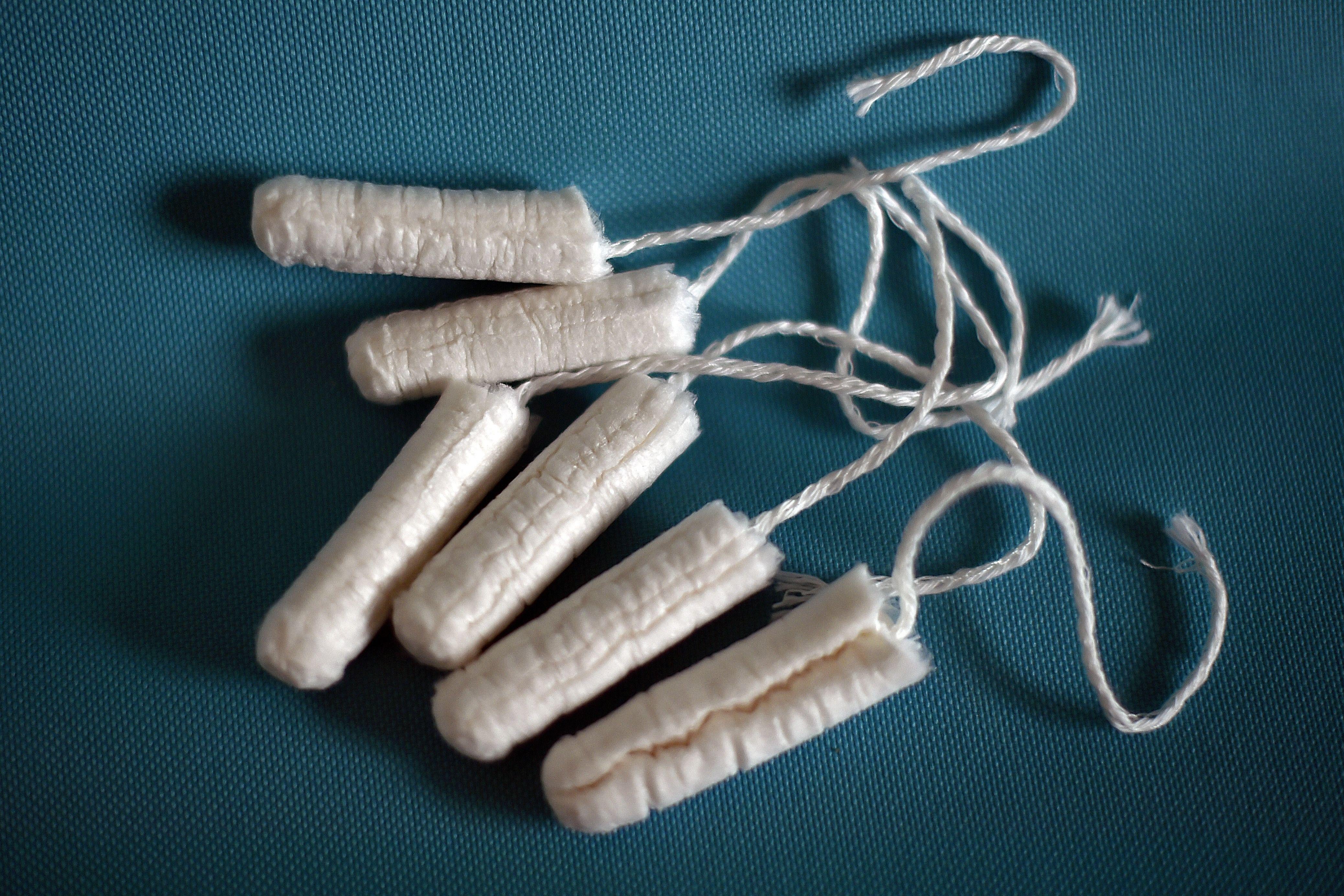If you take the pill but don’t want to get your period, you can safely forgo that pesky week of placebos, according to new guidelines in the U.K.
Women have known this hack for a while, if sometimes through backchannels. I heard about it in middle school through a friend’s mom. A couple colleagues at Slate reported similar one-off period skipping, learned through friends or Googling, or a prescription from a doctor for a pill that came with a week of placebo pills once every three months. But forgoing placebos and period is something they did temporarily, in part from a vague worry that not bleeding might be bad for them. But no need to fear: Just as with other hormonal birth control methods that lighten or skip periods, the report specifies that “there is no build-up of menstrual blood” when you take the pill without breaks.
Why do we have medically unnecessary placebo pills in the first place? Researchers have actually known for decades that so-called “extended” or “continuous” cycles are safe, according to a 2008 paper exploring the merits of forgoing the placebo week. The reasoning was never medical: “It was presumed that regular withdrawal bleeding was critical to increase acceptance of the [oral hormonal contraceptives],” the researchers write. Specifically, periods were built into the pill in attempt make birth control more acceptable to the Pope, reports the Telegraph. [Update, Jan. 25, 2019: This widely reported narrative has been disputed.] Nonetheless, until 2003, when the four-periods-a-year Seasonale was introduced, all pill packs in the States included a week of placebos. Period-skipping was sometimes used off-label to manage menstrual disorders, says that research paper.
We’re not entirely in the period Dark Ages in the U.S. In addition to brands like Seasonale, there is now a generic option for a pill with no placebos at all. And the Centers for Disease Control and Prevention’s recommendations for contraceptives use notes that skipping placebos is “sometimes used for an extended period with infrequent or no hormone-free days.” But, as the CDC says, a handful of bleeding days each months is still the norm. Insurance won’t necessarily pay for more than one package of pills a month, as one colleague who is still dealing with the fallout from using hormonal pills continuously a couple of times a few years ago pointed out to me. Weakening the endorsement of the sugar pill in national guidelines would make it easier to get health care providers to pay for period skipping.
The fact that monthly bleeding—unpleasant and painful for many women—is baked into the very design of our medicine is an example of how deeply establishment medicine can fail our needs. “We’ve just been lied to for 60 years,” writes Katie Leaver in the Independent. ‘What else don’t we know, or aren’t we being told, about our own bodies?” she wonders.
This is both an entirely reasonable question and also a dangerous one. Gaps between what’s best for us and what we’re medically encouraged to do sow doubt and leave space for some dicey wellness recommendations. Sometimes it’s a legit researched-based tip from a friend of a friend to skip the sugar pills while you’re on a hiking trip. And sometimes it’s a celebrity telling you to put a pricey jade egg in your vagina.
